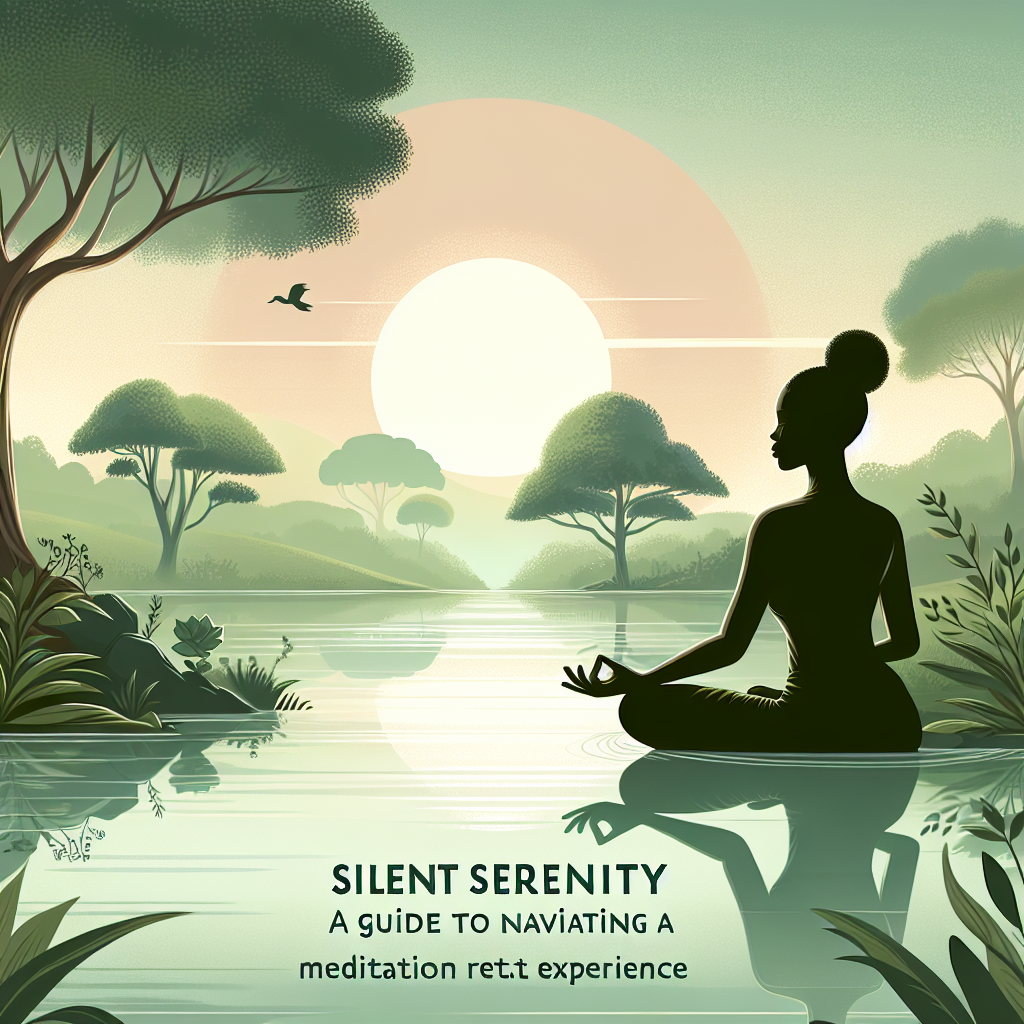meditation has been practiced for thousands of years as a way to cultivate inner peace and emotional healing. It is a powerful tool that can help us navigate the ups and downs of life with more grace and ease. In today’s fast-paced world, many of us are constantly bombarded with stress, anxiety, and overwhelm. Taking the time to sit in stillness and cultivate a sense of inner peace can be a game-changer for our mental, emotional, and physical well-being.
One of the key benefits of meditation is its ability to help us process and release difficult emotions. When we sit in meditation and observe our thoughts and feelings without judgment, we can create space for the emotions to flow through us and release. This process can be incredibly healing, allowing us to let go of pent-up emotions and patterns that may be holding us back. By harnessing the power of meditation for emotional healing, we can tap into our inner wisdom and create a greater sense of inner peace and well-being.
Meditation can also help us cultivate a deeper sense of self-awareness and self-compassion. By turning inward and connecting with our true selves, we can gain insight into our patterns, beliefs, and behaviors. This self-awareness can help us make more conscious choices and respond to life’s challenges with more clarity and compassion. When we practice self-compassion in meditation, we can learn to treat ourselves with kindness and forgiveness, even in the face of difficult emotions or experiences.
In addition to emotional healing, meditation can also help us cultivate a greater sense of inner peace and calm. When we sit in stillness and connect with the present moment, we can drop into a state of deep relaxation and peace. This sense of inner peace can help us navigate life’s challenges with more grace and ease, and can be a powerful antidote to stress and anxiety. By harnessing the power of meditation, we can train our minds to be more present and grounded, no matter what life throws our way.
There are many different types of meditation practices that can help us cultivate emotional healing and inner peace. Some popular forms of meditation include mindfulness meditation, loving-kindness meditation, and body scan meditation. Mindfulness meditation involves simply witnessing our thoughts and feelings without attachment or judgment, while loving-kindness meditation focuses on cultivating feelings of love and compassion towards ourselves and others. Body scan meditation involves scanning the body for tension and allowing it to release, promoting a sense of relaxation and peace.
In order to harness the power of meditation for emotional healing and inner peace, it is important to establish a regular meditation practice. Consistency is key when it comes to reaping the benefits of meditation, so finding a time and space that works for you is essential. Whether you prefer to meditate in the morning, during your lunch break, or before bed, carving out dedicated time for meditation can help you build a strong foundation for emotional healing and inner peace.
In addition to establishing a regular practice, it can also be helpful to seek guidance and support from a meditation teacher or community. Many meditation centers, yoga studios, and online platforms offer classes, workshops, and retreats that can help you deepen your meditation practice and connect with others on the path to emotional healing and inner peace. Working with a teacher or group can provide accountability, guidance, and inspiration as you navigate your meditation journey.
FAQs:
1. How long should I meditate for emotional healing and inner peace?
There is no one-size-fits-all answer to this question, as everyone’s meditation practice will look different. It is generally recommended to start with a shorter meditation time, such as 5-10 minutes, and gradually increase the length as you become more comfortable with the practice. Experiment with different lengths of time to see what works best for you and your schedule.
2. Can I meditate if I have never done it before?
Absolutely! Meditation is a practice that is accessible to everyone, regardless of experience level. There are many resources available, such as books, online videos, and classes, that can help you get started with a meditation practice. Remember that meditation is a skill that can be developed over time, so be patient with yourself as you begin your journey.
3. What should I do if I have difficulty sitting still or quieting my mind during meditation?
It is common to experience restlessness or a busy mind when you first start meditating. If you find it challenging to sit still or quiet your thoughts, try experimenting with different meditation techniques, such as guided meditations, walking meditations, or mindfulness practices. Remember that meditation is a practice, and it is natural to have ups and downs in your experience. Be gentle with yourself and keep showing up to the practice.
4. How can I incorporate meditation into my daily routine?
There are many ways to incorporate meditation into your daily routine, depending on your schedule and preferences. You may choose to meditate in the morning before starting your day, during your lunch break, or in the evening before bed. Find a time and space that works for you, and commit to making meditation a regular part of your daily routine. Consider setting a reminder on your phone or calendar to help you stay consistent with your practice.
5. What are some other benefits of meditation besides emotional healing and inner peace?
In addition to emotional healing and inner peace, meditation has been shown to have a wide range of benefits for mental, emotional, and physical well-being. Some potential benefits of meditation include reduced stress and anxiety, improved focus and concentration, increased self-awareness and self-compassion, enhanced creativity and problem-solving skills, and better sleep quality. By harnessing the power of meditation, you can tap into these benefits and cultivate a greater sense of well-being in all areas of your life.




Leave A Comment